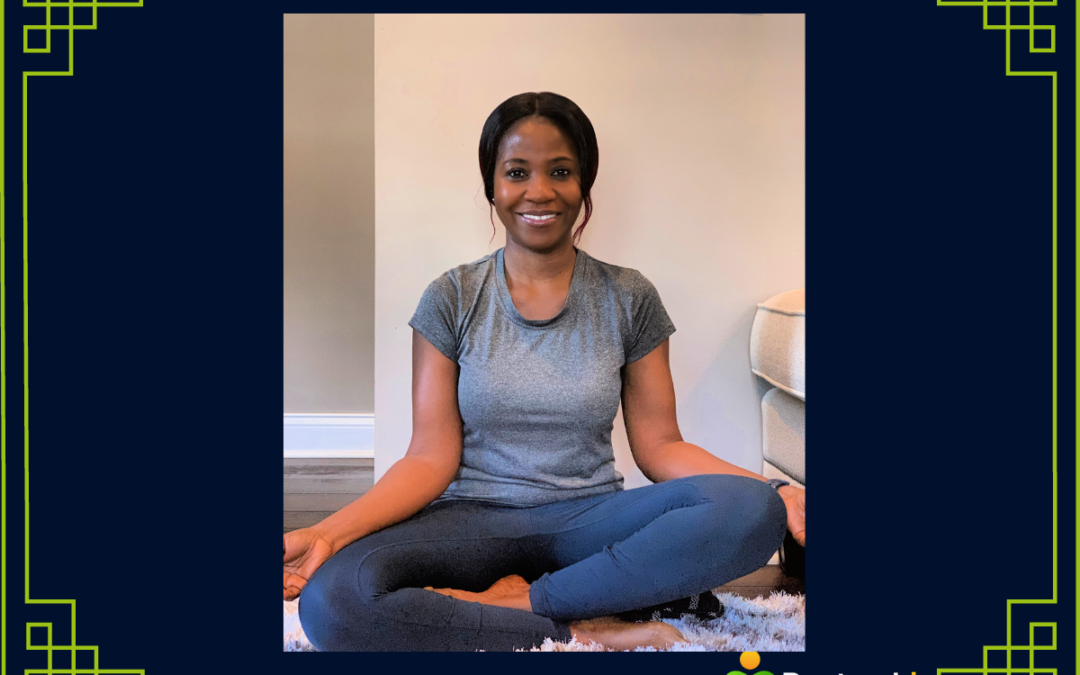As a child, I thought meditation was that transition state between being awake and asleep. And I blame one of my uncles for that. My uncle often fell asleep watching TV. And he always claimed he was not sleeping but meditating, even though he was snoring half the time. So, I believed meditation was being half asleep and couldn’t see how anything productive could emerge from being in that state of semi-consciousness. Later on, my picture of meditation was that of a monk sitting still with eyes closed and chanting for hours on end. But now, I know the health benefits of meditation. I also know that meditation is an active and intentional tool that you can utilize to relieve stress and increase your enjoyment of life. Before I share how meditation can improve your health, let’s find out what meditation is and what it isn’t.
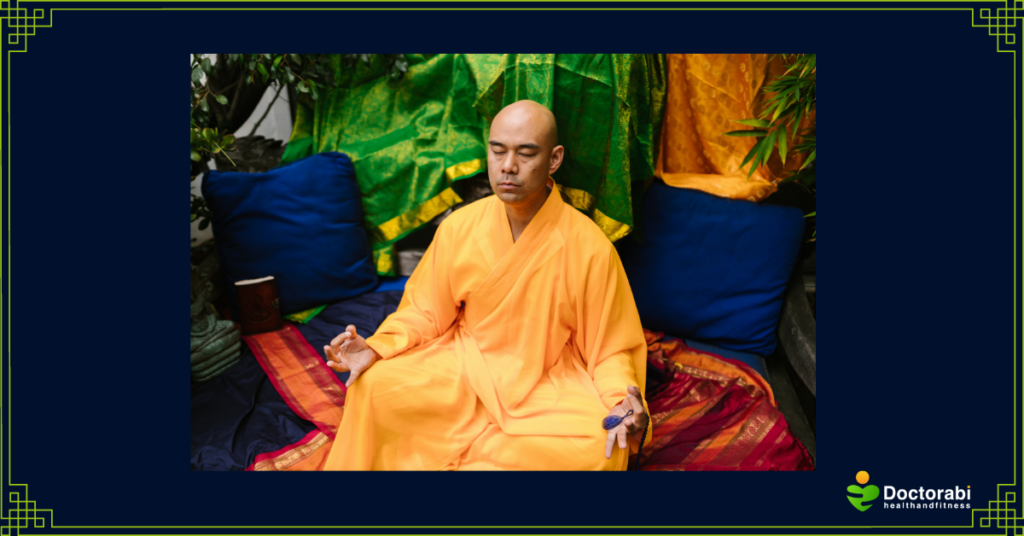
What is meditation?
Simply put, meditation is the intentional act of focusing your mind on a particular thought or activity for the purpose of maintaining your peace, increasing your spiritual awareness, and reducing your level of anxiety.
Types of Meditation
There are numerous types of meditation. Here are the more popular ones with some examples of each.
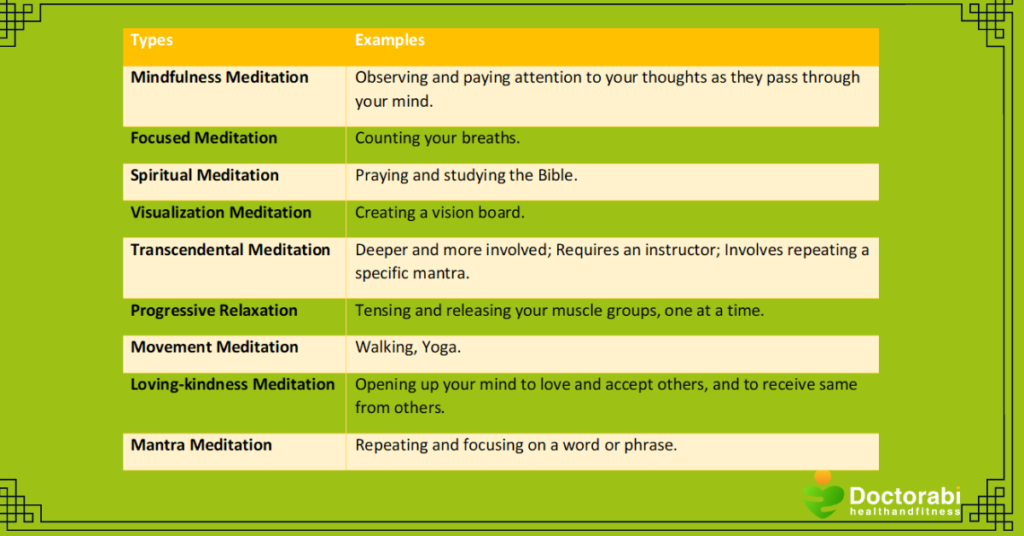
Is meditation a religious practice?
Several religions practice meditation, including Buddhism, Hinduism, Judaism, Christianity, Islam, etc. For example, Yoga, traditionally, was a meditational practice in Hinduism. In most religions, meditation is an act of connecting to one’s inner self or the greater being, God.
Even though meditation is a traditional part of many religions, you can adapt it to your personal spiritual beliefs or practice it as an entirely secular activity.
As a matter of fact, meditation is becoming more popular in non-spiritual contexts, such as business and health. That means anyone can use meditation to bring rest and peace into their life. In summary, you do not have to be religious to obtain the benefits of meditation.
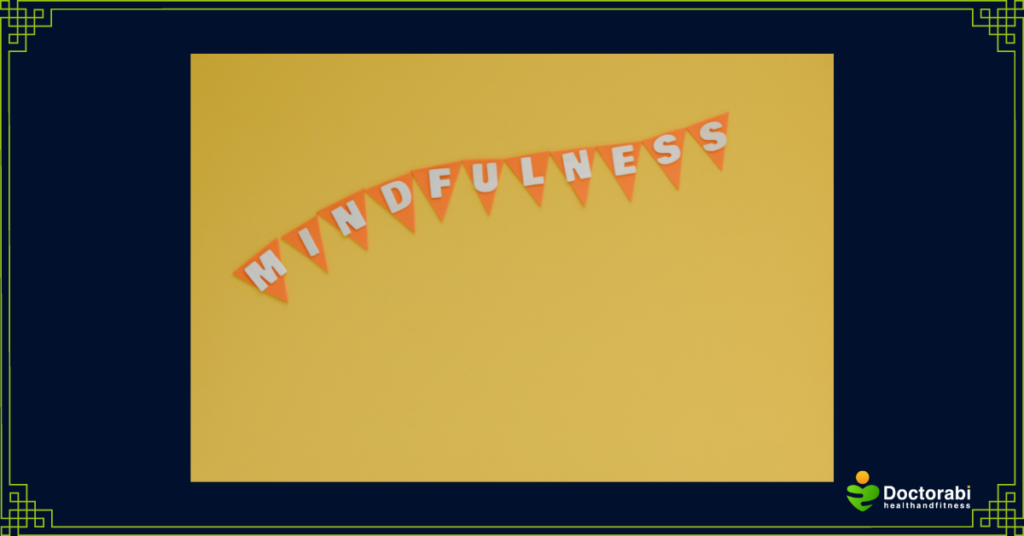
13 ways meditation can improve your health
There is evidence that most types of meditation can improve your health. However, mindfulness meditation and transcendental meditation are the most studied and proven to improve health. Here are some ways meditation can improve your health:
4) Improved wellness and prevention of burnout.
6) Reduced anxiety and depression.
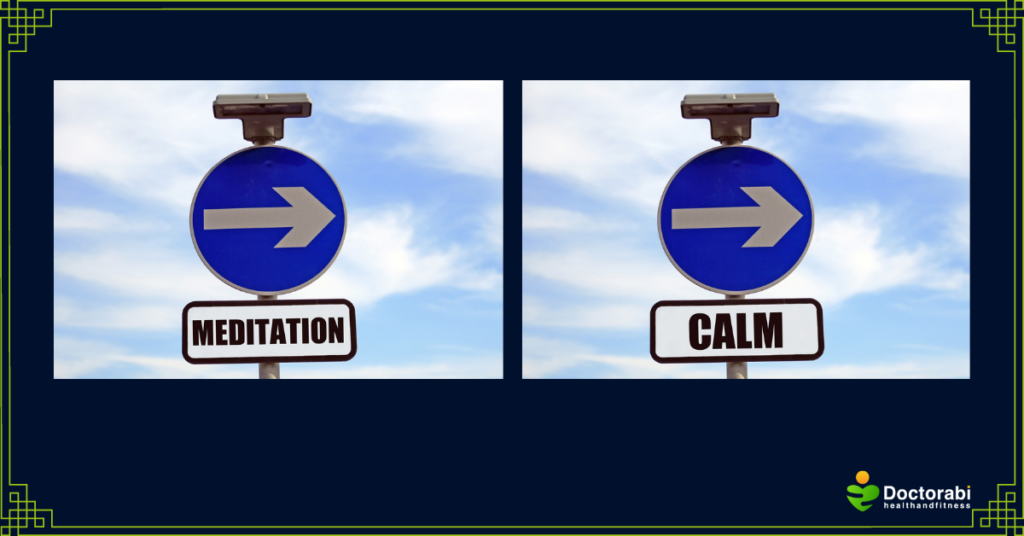
7) Improved health in those with heart disease.
8) Improved efficiency, attention, and impulse control.
9) Improved pain in those experiencing pain.
10) May assist with smoking cessation.
11) Can help maintain brain sharpness, even as we age.
12) May slow down the aging process.
13) Useful in treating other conditions, such as epilepsy, autoimmune illness, and menopausal symptoms.
Indeed, meditation can improve your health and your quality of life. Next, let’s look at some tips to help you practice meditation successfully.
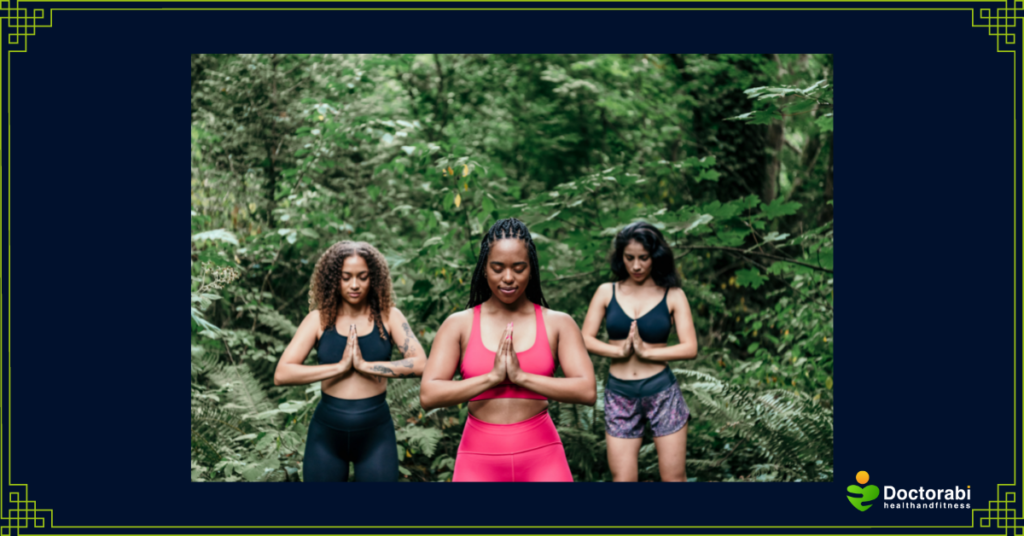
Tips on practicing meditation
1) Be consistent
Set aside a specific time for meditation daily. Being consistent with your daily meditation time makes it easier for you to make meditation a habit.
2) Choose your environment
Be in a relatively quiet environment and avoid distractions. For example, silence your cell phones and turn off the TV.
3) Plan your time
Set your timer for however long you want to spend meditating. Setting a timer frees up your attention and enables you to focus better.
4) Choose your position
Sit comfortably! However, some people choose to move around. If you can walk around without your mind getting distracted, go for it! Albeit most Yogis will not agree with me here. But, remember, it’s your body, your mind, your meditation practice, and your rules! If and when you take your meditation to the next level, yes, you may want to sit still.
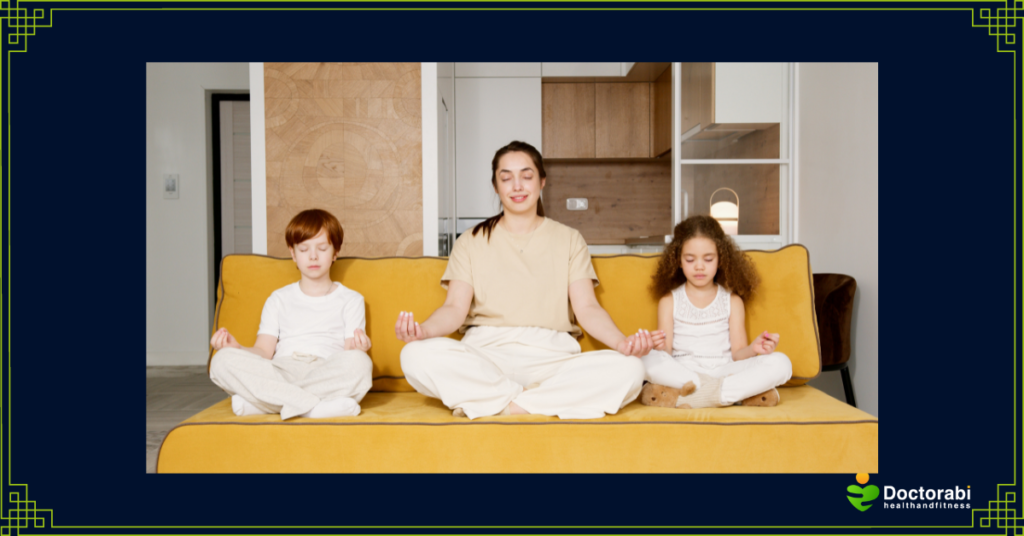
5) Learn to re-focus
Yes, your mind will wander off, especially when you are a beginner. That is a natural part of the process. Ultimately, the more you practice returning your attention to the present moment, the more you sharpen your ability to focus.
6) Pay attention
Pay attention to your thoughts without judging them as good or bad. When you start judging and rationalizing, your mind is not at rest.
7) Forget perfection
Meditation is a journey that never ends. Therefore, perfection is not achievable. Instead, you get better and obtain more significant benefits with time.
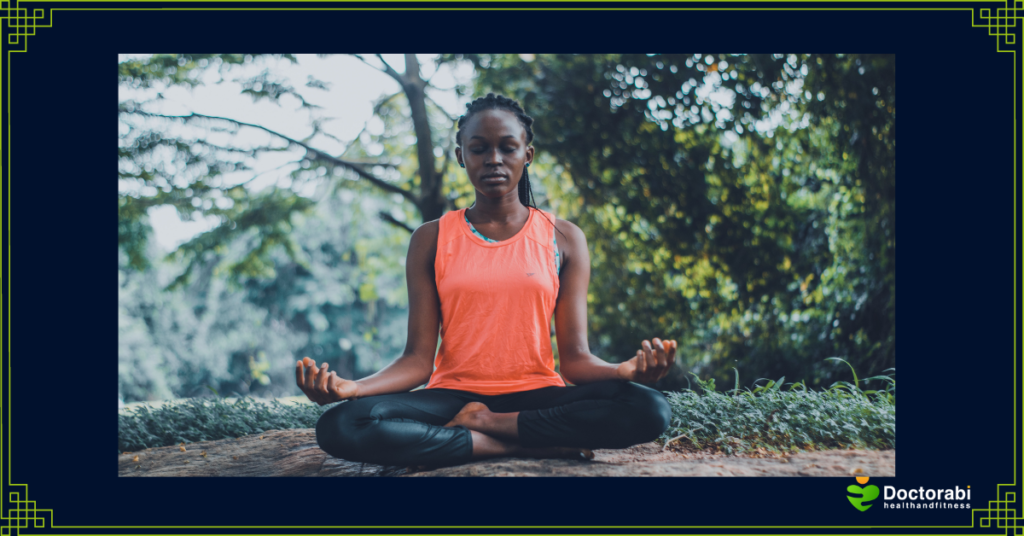
Final thoughts
Not all types of meditation are suitable for everyone. However, I believe we all should try at least one regularly. If you are religious and pray and ponder on a religious teaching or book every day, congratulations! You are practicing spiritual meditation!
I have only intentionally practiced spiritual meditation and movement meditation. And I already know some forms of meditation may not be for me, but there are a couple more that I would like to try. The three I am most interested in are progressive relaxation, loving-kindness meditation, and visualization meditation. Believe it or not, I am relying on visualization meditation right now as I am still working hard to put my vision board together after a whole month!
Yes, like everything, meditation may not come easily to everyone. In fact, if you stress over every little thing, it may be difficult to practice meditation. In addition, you may not even know how to start meditating. If that is you, I want to help you out with a meditation guideline taken from the Bible.

Biblical meditation
“Summing it all up, friends, I’d say you’ll do best by filling your minds and meditating on things true, noble, reputable, authentic, compelling, gracious—the best, not the worst; the beautiful, not the ugly; things to praise, not things to curse.” (Phil 4:8 MSG).
Try this, and you will feel more peace as you focus more on positive thoughts. Like the bible verse recommends, replace negative thoughts with positive ones.
Most importantly, don’t wait for an adverse situation to take action. Cultivate this habit of focusing on positive thoughts daily, making it a part of you. Then, when stressful situations arise, you are already well-equipped to handle them fearlessly while maintaining your peace.
So, which types of meditation have you tried? Did you notice any benefits? Feel free to share your thoughts and comments below. Also, feel free to share this article to help others become healthier and find their inner peace through meditation.
Yours in health and fitness,
Doctor Abi

